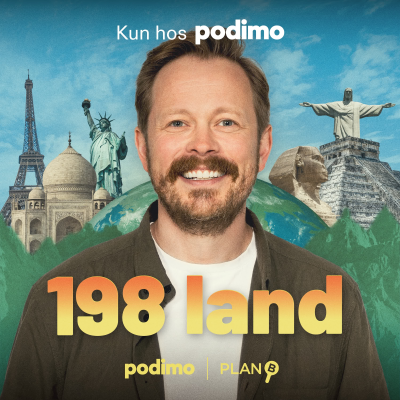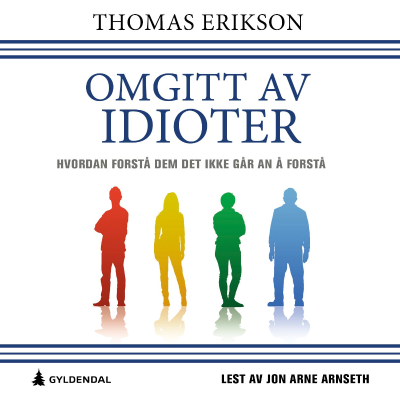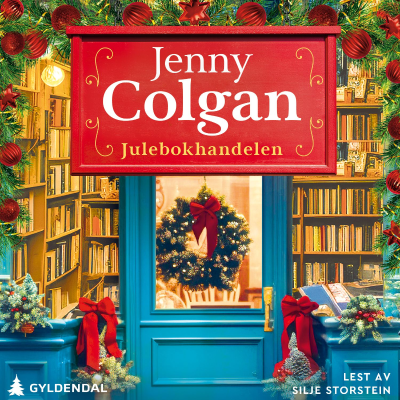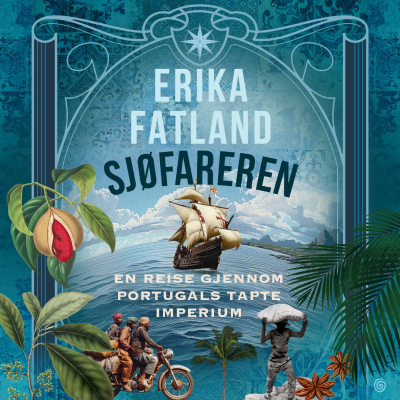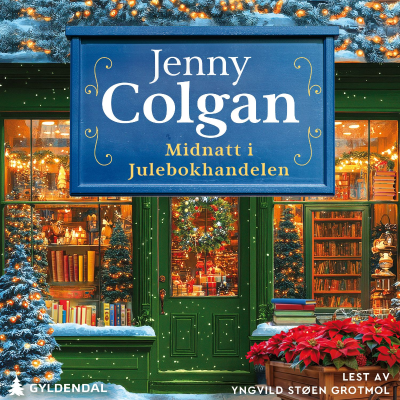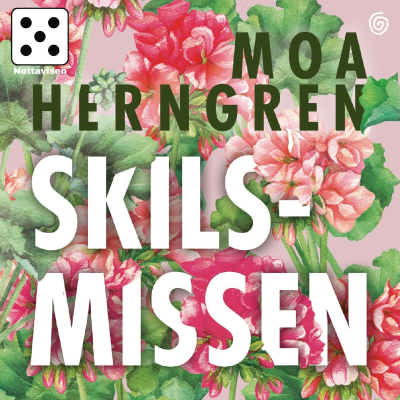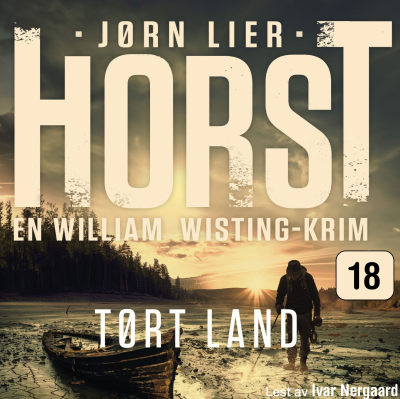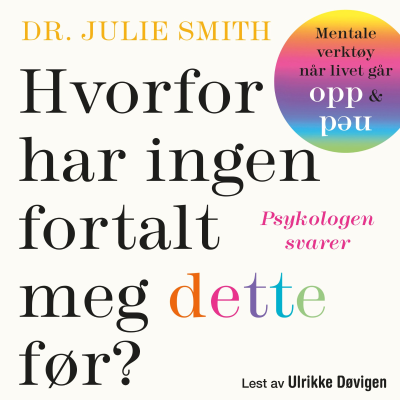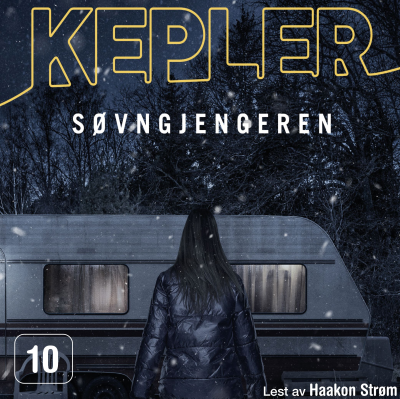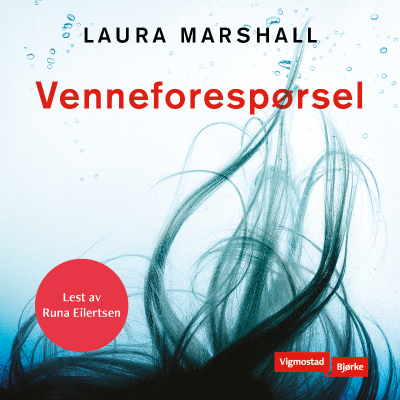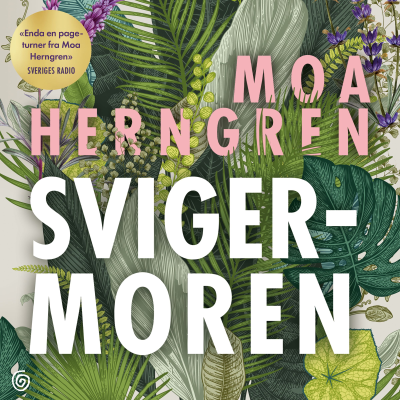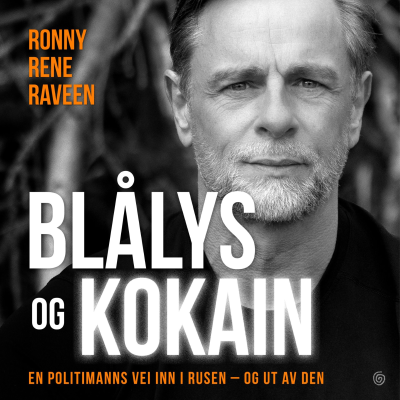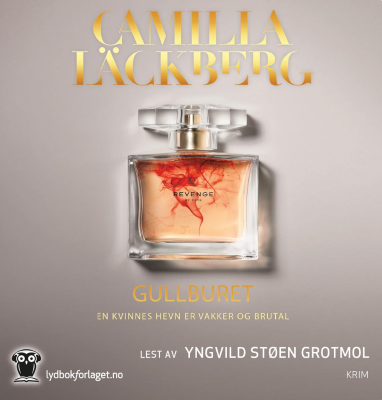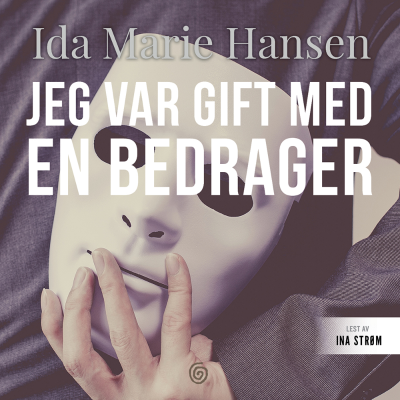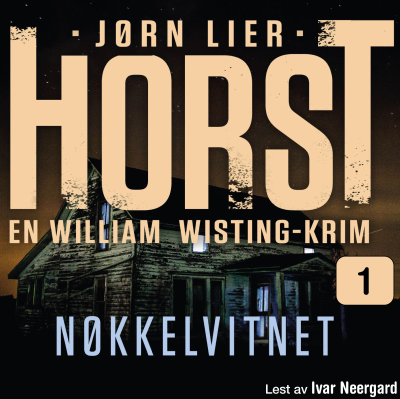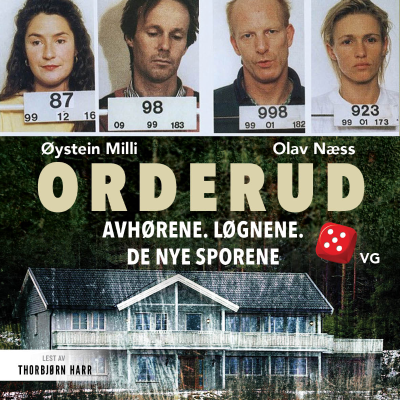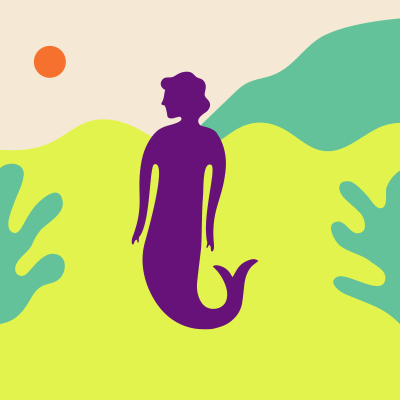
Promise No Promises!
engelsk
Kultur og fritid
Prøv gratis i 60 dager
99 kr / Måned etter prøveperioden.Avslutt når som helst.
- 20 timer lydbøker i måneden
- Eksklusive podkaster
- Gratis podkaster
Les mer Promise No Promises!
Promise No Promises is a podcasts series produced by the Center for Gender and Equality, a research project of the Institute Art Gender Nature FHNW Academy of Art and Design in Basel, conceived as a think tank tasked to assess, develop, and propose new social languages and methods to understand the role of gender in the arts, culture, science, and technology, as well as in all knowledge areas that are interconnected with the field of culture today. The podcast series originates from a series of symposia initiated in October 2018 in Basel and moderated by Chus Martínez and Quinn Latimer. Part of the Gender’s Center for Excellency, the symposia and the podcasts are the public side of this research project aimed to develop different teaching tools, materials and ideas to challenge the curricula, while creating a sphere where to meet, discuss, and foster a new imagination of what is still possible in our fields.
Alle episoder
100 EpisoderTHE TALE AND THE TONGUE. The Globe is Going to the Moon – Yuko Mohri
We are very happy to announce The Globe is Going to the Moon, episode 100 of the podcast series Promise No Promises! and episode 30 of The Tale and the Tongue series. It follows a conversation between Yuko Mohri, an installation artist focusing on “events” that constantly shift according to the environment’s conditions and Sonia Fernández Pan, the host of this podcast series. During my stay in Tokyo, I went to the Artizon Museum with a friend. There we experienced On Physis, an exhibition by Yuko Mohri with artists who appear to be alive even though they are not. I remember the playful movement of Yuko Mohri’s pieces, as well as breaking the rules by taking videos when it was forbidden… I really liked Yuko Mohri’s way of telling stories and the fact that her words included brackets to express her laughs between questions and answers. Drawing on the artist’s ideas, I cannot help but think that our work is a manifestation of what we were or what we would like to be—even when what we do, does not explicitly speak about us, as in the case of Yuko Mohri and many artists I admire. Yuko Mohri’s work Moré Moré Tokyo (Leaky Tokyo) also made me feel connected to her. I sensed what I call “unconscious or unaware communities.” They are made of people who do not know each other but who have things in common. We talked about her relationship with music, invisible forces, electricity, Osaka, her recent exhibitions, Akihabara, Instagram, Venice, how she became an artist, and teaching during the pandemic.
THE TALE AND THE TONGUE. The In-Between – Mafe Moscoso
“The In-Between” is episode 29 of The Tale and the Tongue podcast series. It emerged from several exchanges between Mafe Moscoso, writer, researcher, and anthropology professor at BAU, College of Arts and Design of Barcelona, and former fellow at CAPAS at Universität Heidelberg, and Sonia Fernández Pan, host of this podcast series. “Dear Mafe, Starting from the end – one of our many in-betweens – I’ll answer your question: what was I doing when I was five years old? Like you, I was moving for the first time. I was starting to become Galician—to my great regret at the time. I was sad to realize I would not be Basque. Like you, I didn’t like the change. Just like a plant uprooted against its will, that’s how I felt. The word “in-between,” which keeps resurfacing in our conversations, was already there in 2023—and even before that. I remember how central that idea was in your project for Hangar, for the way it connects to the mestizo. Mestizo is a word that carries your voice to me. Something I had forgotten is that the word “entremedio” in German was the title of a project I did with Lucrecia Dalt at the Lilly Reich and Mies van der Rohe Pavilion in Barcelona. She chose it back then, still living in Berlin: Dazwischen. Sometimes I miss the life without fear or worry that art residencies make possible. I felt at home because, for the first time in a long while, I felt safe. But you define it much better: to live the life of an inheritor. Does that happen to you with Heidelberg? Do you still miss that quiet life? Or perhaps the present demands so much from us now that there’s little time left for longing. your dear Pan”
THE TALE AND THE TONGUE. To Stir the Desire for Something Else – María Salgado
“To Stir the Desire for Something Else” is episode 28, that emerged from multiple exchanges with poet and researcher María Salgado and Sonia Fernández Pan. “Dear María, I was told many times that poetry is something physical. I didn't get it from reading books. I think I got it when I saw you on stage with Fran Cabeza de Vaca. Years ago, you called poetry a vampire, and I also feel that it's like a ghost. Poetry is present in many places that are not poems. I often wonder what poetry is. It's not just short lines and books with lots of white space. There are poets in contemporary art, but contemporary art is not exactly a friend of brief, clear ideas. To use short sentences, you need to know exactly what you want to say. I really like the idea that poetry is a kind of vampire that runs through different eras. As you say, the fact of having to survive for thousands of years, but keeping a certain essence, has made poetry “to lose world”… Inspired by the things you said, these past few weeks I have started collecting phrases by my friends. I wanted to add them to this podcast with my voice. But I am not sure yet. In editing, as you well know, it is possible to delete and change the order of ideas. Over the years, I have understood that editing is as much about what you do to someone's voice as it is about what you don't do. Content is one thing, meaning is another. How they merge, it’s still a mystery to me. Auf WiederUmarmen, as I like to say in German.”
THE TALE AND THE TONGUE. A Place Where There Are Not Words – Elin McCready
“A Place Where There Are Not Words” is episode 27, emerging from one of several encounters with Elin McCready in Tokyo. Besides researching language inside and outside of academia, she's a member of the collectives WAIFU and SLICK. I met Elin during my first few weeks in Japan. I also remember the nuance Elin made regarding safe spaces. It is not the same to say “a safe space to” or “a safe space from.” She would also tell me that identity politics are one thing and personal interactions are quite another. The way in which these contradict each other is something that comes up in many conversations with friends. It often reminds me of an idea by val flores, which I saw expressed in Tokyo with a vivid image of snow on a cherry blossom tree. We must learn to live with contradictory instructions. Our conversation for this podcast started with the Fueiho Law. It was introduced in 1948 to police nightlife in Japan, banning dancing at specific hours. The club scene in Japan is all about music, as Elin says. Dancing does not mean the same thing in every city, venue or moment in life. A rave is political if its ravers do political action. The same goes for art. Editing the podcast of someone who is so conscious of language, created even more questions. Each voice is a collection of many others. I also believe that we have many voices within us, even contradictory ones.
THE TALE AND THE TONGUE. Finding along the way – Zheng Lu Xinyuan
“Finding along the way” is episode 26, which follows a conversation with filmmaker Zheng Lu Xinyuan and Sonia Fernández Pan, the host of this podcast series. Xinyuan said she wasn't too worried that Western audiences wouldn't understand her films because they were made for Chinese audiences. Thinking about her comment, Sonia watched some of her films with the feeling of missing something very important due to different cultural sensitivities. Meanwhile, she experienced what we so often feel: the understanding of something without fully comprehending it. Cinema evokes memories and feelings that have been forgotten or hidden for a long time. At the same time, a film can show some emotions while producing different, even contradictory ones. Sonia’s questions for the interview were more about feelings than cinema-making: how feelings help us to feel belonging. As Xinyuan recounts, belonging can also be a sentient situation in which the body feels pleasure or comfort. When talking about loss of control, anxiety appears. This feeling is also part of the process of making a film. As Xinyuan says, “finding along the way” is what matters when making films. Following Xinyuan's words, “it should not be artists who are afraid of censorship”. Those who censor are the ones who are afraid, but they pass this feeling on to those who are censored. It is not only about your own voice but also about those who accompany and support you so that your voice can speak and be heard.
Velg abonnementet ditt
Premium
20 timer lydbøker
Eksklusive podkaster
Gratis podkaster
Avslutt når som helst
Prøv gratis i 60 dager
Deretter 99 kr / måned
Premium Plus
100 timer lydbøker
Eksklusive podkaster
Gratis podkaster
Avslutt når som helst
Prøv gratis i 60 dager
Deretter 169 kr / måned
Prøv gratis i 60 dager. 99 kr / Måned etter prøveperioden. Avslutt når som helst.


